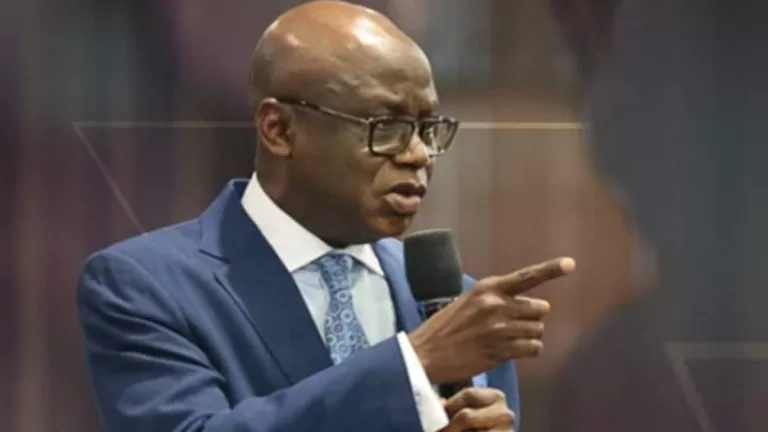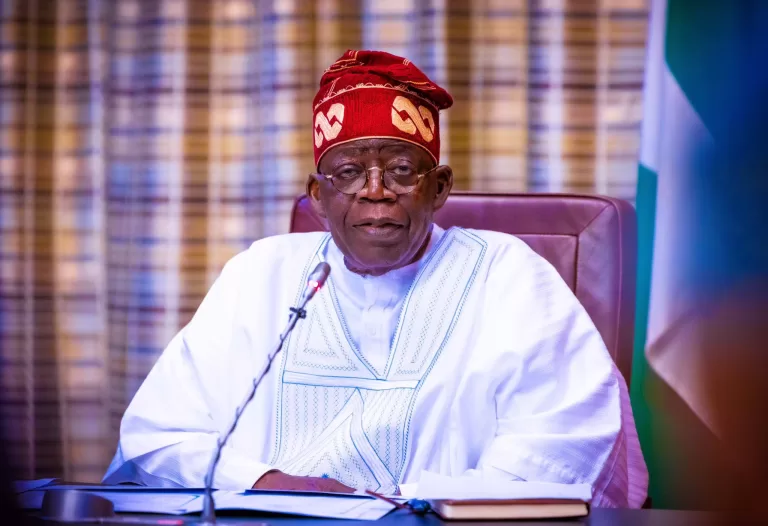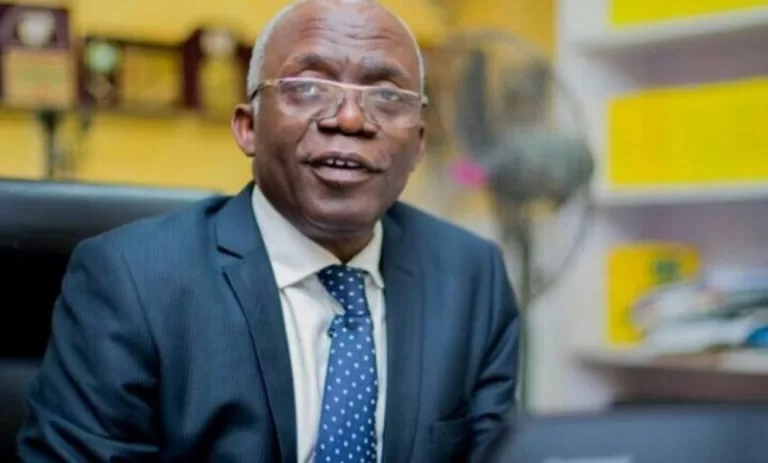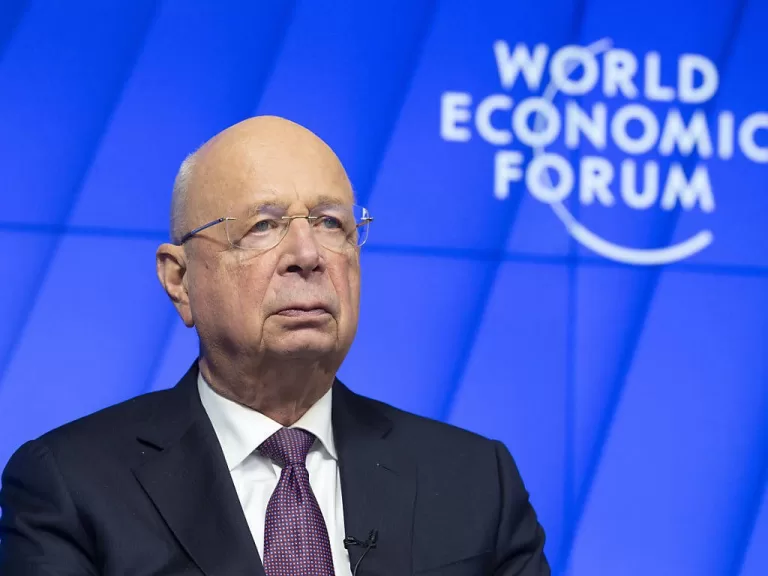
Editorial | A Delayed Assembly in a Nation on Edge
As Nigeria bleeds, the silence from its legislative chambers grows louder.
The recent announcement by the Clerk of the National Assembly, Kamoru Ogunlana, that plenary sessions for both the Senate and the House of Representatives have been postponed by a week—citing Workers’ Day and constituency engagements—comes at a time when the nation can least afford legislative inertia.
It is not merely a calendar adjustment; it is a troubling signal.
Insecurity across the country has metastasised. From the daily horrors of kidnappings and mass killings in the North and Middle Belt to the economic desperation driving unrest in urban centres, Nigeria is, by all accounts, in crisis. Yet, rather than resume with urgency and moral clarity, lawmakers are hitting the pause button. The message this sends is one of disconnection—a leadership class more attuned to ceremonial obligations than existential national threats.
Let’s be clear: Workers’ Day is important. Constituency engagement is vital. But what happens when the very workers we celebrate are being killed, displaced, and robbed of their dignity? When the people in these constituencies are begging for safety, not symbolic appearances?
This postponement—though cloaked in formality—feels like a dereliction of democratic responsibility.
The National Assembly is not a ceremonial body. It is the beating heart of our democratic structure, empowered not just to make laws, but to interrogate power, demand accountability, and mobilise national will in times of uncertainty. With insecurity escalating, every day of silence is a day the forces of disorder gain ground. We needed our lawmakers to resume and rise, to summon defence chiefs, declare a national emergency if necessary, and debate with the gravity this moment demands.
Instead, Nigerians are left waiting—again.
This editorial is not a call for haste, but a call for presence. Leadership is not just about being in office; it’s about showing up when the nation trembles. Nigeria does not lack courage in its people. What it desperately lacks is urgency in its institutions.
The legislature must return not just with bills and motions, but with a renewed sense of duty. Because while Abuja postpones, lives are being lost, and trust in governance continues to erode.
Let us hope that when the National Assembly finally reconvenes on May 6, it does so with the weight of the nation’s suffering firmly on its conscience—and the will to act accordingly.






